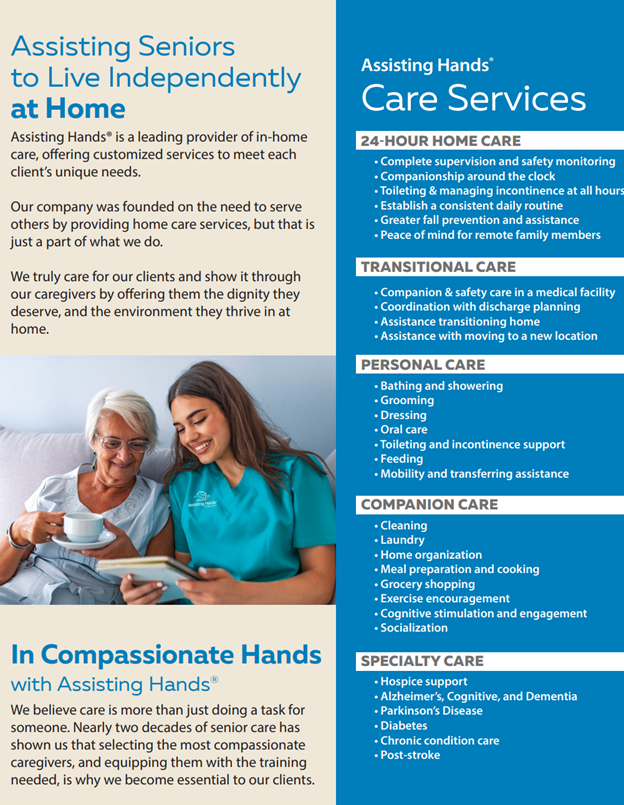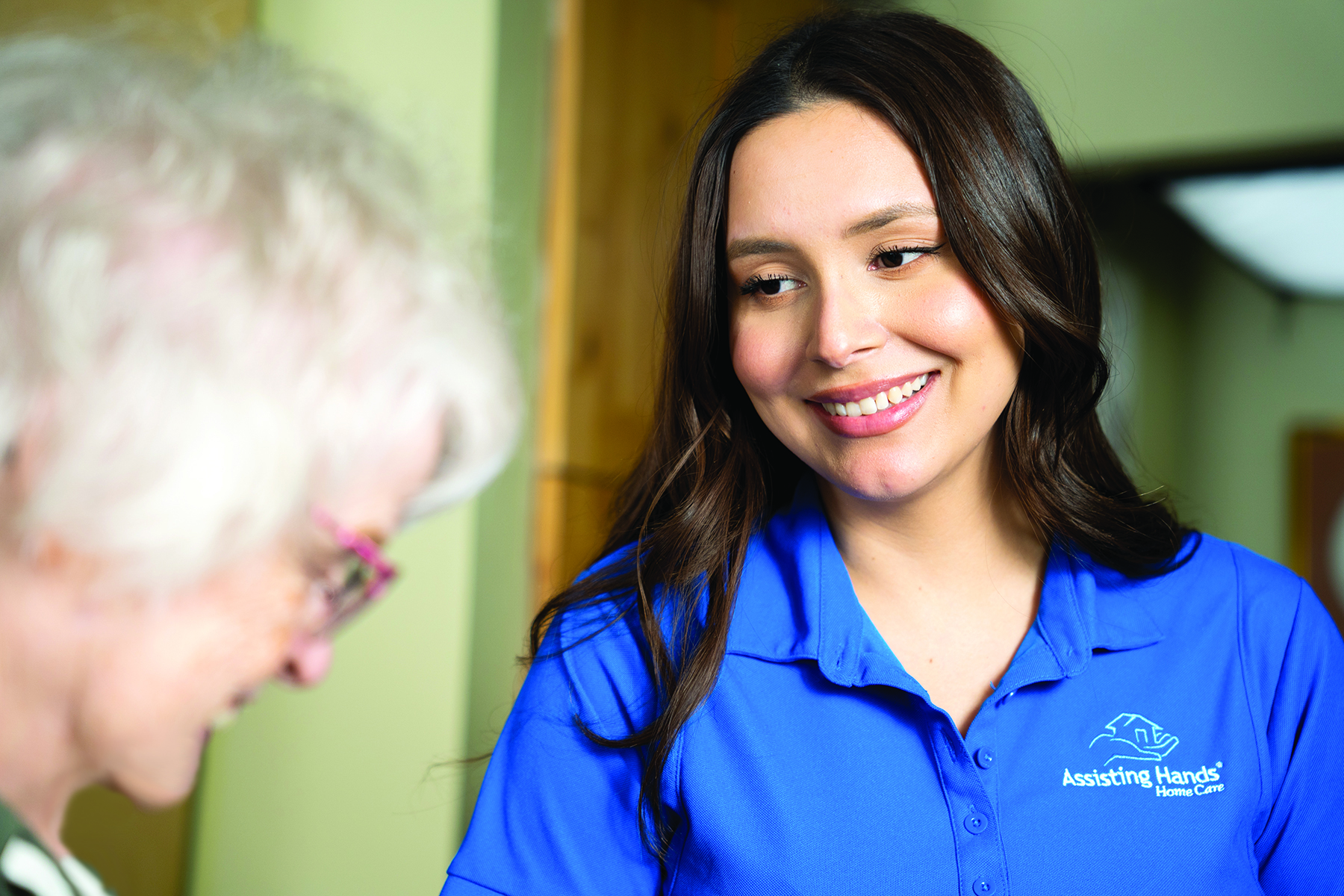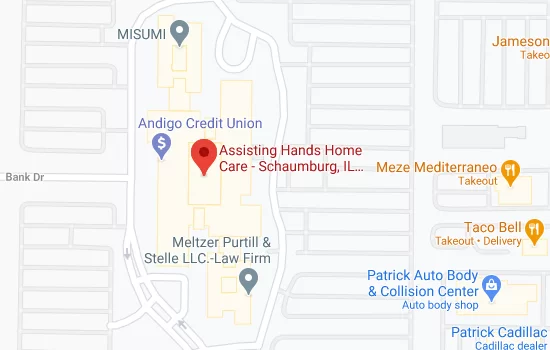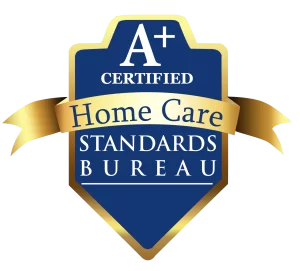The National Center for Health Statistics reports that as recently as 2009, one in five seniors in the US aged 75 and older requires support in completing the basic tasks of daily living, such as grocery shopping, managing medications and maintaining the cleanliness of the home. As the baby boomer generation continues to age, that number has risen sharply.
The Need for Home Care
In the US, aging is frequently perceived in a negative light. Unappealing traits often associated with old age include frailty and forgetfulness. Cognitive impairments, like confusion, are known to creep into peoples’ lives as they advance in years. It’s no surprise that many seniors do not see themselves as “old”.
Accepting outside help within the home is a strong indicator that the senior is no longer capable of full independence. The older person’s identity as a competent adult is challenged. Many senior citizens, as they gracefully age, eventually require outside support.
Challenges with Senior Home Care Consideration
Convincing older parents to consider home health care is likely to be met with opposition. Arguments are expected, as aging parents vent their frustration about being deemed old and incapable. Elders may resort to proving themselves, even risking their safety, as in the instance of an 82-year-old woman insisting on and repeatedly climbing a ladder to complete household tasks. Secretly engaging in activities, like driving, against an adult child’s wishes is a tactic some seniors may utilize to keep from being categorized as old.
Hiring support at home may appear to the aging parent as an invasion of privacy. The senior must also adjust to new routines when a newly recruited caregiver steps in. Financing in-home care is likely to worry the parent; in the same token, becoming a burden on the family may weigh on the minds of older parents. Seniors with memory lapses might, at times, fail to understand what prompted the need for home care.
While the senior’s physician may initially recommend home care, family members can also start the discussion and encourage in-home help in a number of ways:

- Consider the type of help needed. Realistically assess with what areas the parent needs help. Converse with the parent before a health crisis emerges about what type of support is beneficial. Hold the important discussion during moments when the senior is relaxed and open to listening and expressing their honest opinions. Several conversations may need to transpire before the senior warms up to accepting help.
- Allow the loved one to participate. Once the adult child reaches a point where conducting interviews with home health care agencies takes place, bring the parent along to sit in on the discussions. The senior also has the chance to feel included in matters related to his or her care when the individual participates in scheduling a caregiver. The parent can choose certain times or days of the week when the caregiver is required.
- Allow the parent to talk to others about home care. An aging parent may feel more comfortable discussing home care matters with someone other than a family member. Members of the senior’s religious community, such as a priest or minister, professionals like a doctor, lawyer, or social worker or even a dear friend may be people with whom the senior is more inclined to have candid conversations.
- Employ positivity. Speak in positive terms when referring to home care. Refer to the professional caregiver as a friend, someone who will accompany the parent on outings to the grocery store or post office. Caregiving can be talked about as an activity the loved one enjoys.
- Use a gradual approach. When discussing the likelihood of in-home care, suggest ways the caregiver will assist the aging parent. For instance, let an aging parent with dementia symptoms know that the caregiver will help with preparing meals and walks outside. Filling in the details of every single task a caregiver will provide is unnecessary and can be overwhelming for an aging senior to grasp.
- Introduce the professional caregiver in an unhurried manner. Brief home visits over time will help the senior gradually become familiar with the caregiver. Bring the caregiver along to doctor’s visits, allowing the caregiver to accompany the parent back home.
- Defeat financial worries. If the older parent has concerns about who will pay for home care, deflate the concerns by explaining that Medicaid or another funding source is taking care of the home care bills. Sharing the financial information eases the parent’s worries.
- Bring yourself into the picture. Explain to the senior that enlisting the services of home care will be a relief to both the parent and adult child. With adult children juggling several responsibilities, extra support at home ensures that the senior’s needs are reliably met. Conversely, the adult child’s life is made easier with an extra hand.
- Try out the new setup. Coordinate a trial period. During this trial run, an aging parent will experience firsthand how the services of a caregiver will benefit his or her daily life. The senior should be made aware that a final decision about the type of care does not need to be made immediately.
When an elderly parent’s life will benefit from in-home care, turn to Assisting Hands Home Care in Schaumburg IL for dependable elder care support. The home care agency’s team of professional caregivers provide essential, non-medical assistance in a myriad of areas, including meal preparation, transportation, personal assistance (grooming, bathing, toileting, dressing) and light housekeeping.
Specialized Home Care
Specialized, non-medical care, such as Alzheimer’s and dementia care, is available. When a loved one requires compassionate, around the clock supervision, 24-hour care and live-in care are viable options from Assisting Hands Home Care.

Ease a loved one into become increasingly comfortable with accepting senior care by having him or her join discussions with the Assisting Hands Home Care team. During the meeting, input from all members of the family will help create a customized and flexible care plan designed to meet the needs of the aging parent. Assisting Hands Home Care is dedicated to serving the elder population in the Schaumburg, IL community.
Get a Free Consultation
To request a free consultation regarding our home care services in the Schaumburg, IL area, contact Assisting Hands Home Care at (224) 258-0736.

Daniela has master’s degree in electronic engineering with a pedagogical specialty and master’s degree in marketing management.
After completing her schooling, Daniela worked at a hospital for 6 years as the Director of Business Marketing Development and Public Relations.
Starting Assisting Hands Home Care
Daniela spent more than 14 years as the Assistant Vice President of a national bank before becoming a co-owner of Assisting Hands Home Care of Schaumburg.
Her background in public relations and marketing along with her personal experience caring for her mother motivates Daniela to be passionate about helping families in the Schaumburg, IL area find exceptional caregiving services for their elderly loved ones.
Besides providing home care, Daniela enjoys giving back to the community in her free time, supporting various events at St. Peter Parish in Geneva, IL such as fundraising, school projects, charity events, and more. She also enjoys volunteering for the Humanitarian Service Project in Carol Stream, IL. This organization provides seniors with meals as well as food and supplies for children living in poverty.






















